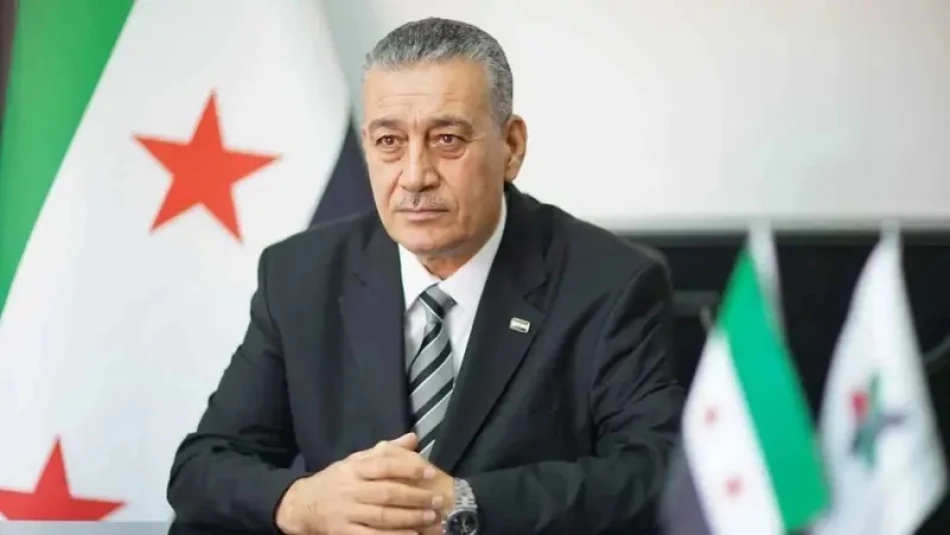
مسؤول سوري: نتواصل مع الإنتربول لتسليم بشار وماهر الأسد
Syria's New Transitional Justice Chief Vows International Pursuit of Assad Regime Officials
Syria's newly appointed head of the National Authority for Transitional Justice has announced sweeping plans to pursue accountability for former regime officials, including Bashar al-Assad and his inner circle, through international cooperation with Interpol and global justice bodies. The pledge marks a significant shift toward formal legal accountability after more than a decade of conflict that claimed hundreds of thousands of lives.
Comprehensive Accountability Framework Takes Shape
Abdul Basit Abdul Latif, leading Syria's transitional justice efforts, outlined an ambitious prosecution strategy targeting the Assad family hierarchy and their associates. The scope includes Bashar al-Assad, his brother Maher al-Assad who commanded the elite Fourth Division of the Republican Guard, and other family members allegedly involved in crimes against the Syrian population.
The announcement represents the first formal institutional commitment to systematic accountability since the regime's collapse, moving beyond symbolic gestures toward concrete legal mechanisms.
International Cooperation Mechanisms
Abdul Latif revealed ongoing communications with Interpol and international justice organizations to track down fugitive officials who fled Syria. This approach mirrors successful precedents from other post-conflict transitions, particularly in Latin America and Eastern Europe, where international cooperation proved crucial for bringing former regime officials to justice.
The strategy acknowledges that many high-ranking officials likely escaped Syria with significant resources, making international coordination essential for effective prosecution.
Expanding Beyond Regime Officials
The transitional justice framework extends accountability beyond Syrian government figures to include foreign militia members, specifically mentioning Hezbollah fighters involved in Syrian operations. This cross-border approach reflects the conflict's regional dimensions and sets a precedent for holding foreign actors accountable in domestic transitional justice processes.
Broader Implications for Supporters
Perhaps most significantly, Abdul Latif suggested potential accountability measures for those who "supported or justified" killings of Syrian civilians over the 14-year conflict period. This language could encompass media figures, intellectuals, and political supporters who provided ideological cover for regime actions.
Such broad interpretation of complicity echoes post-genocide justice processes in Rwanda and former Yugoslavia, where courts grappled with defining the boundaries of criminal responsibility beyond direct perpetrators.
Challenges and Precedents
Syria's transitional justice ambitions face substantial practical obstacles. Unlike successful transitions in countries like Argentina or South Africa, Syria lacks stable institutions and faces ongoing security challenges. However, the formal establishment of accountability mechanisms while the transition remains fluid could prove more effective than delayed justice efforts.
The international dimension offers both opportunities and complications. While Interpol cooperation could facilitate arrests, the political asylum status of some officials in countries like Russia may limit enforcement capabilities.
Regional Impact
The inclusion of foreign militia members in accountability measures sends a strong signal to regional actors about the costs of intervention in Syrian affairs. This approach could influence future calculations by groups like Hezbollah regarding involvement in regional conflicts, knowing they may face legal consequences in post-conflict justice processes.
Syria's transitional justice framework, if successfully implemented, could establish important precedents for accountability in the broader Middle East region, where similar conflicts have often concluded without systematic legal reckoning.
Most Viewed News

 Sara Khaled
Sara Khaled






